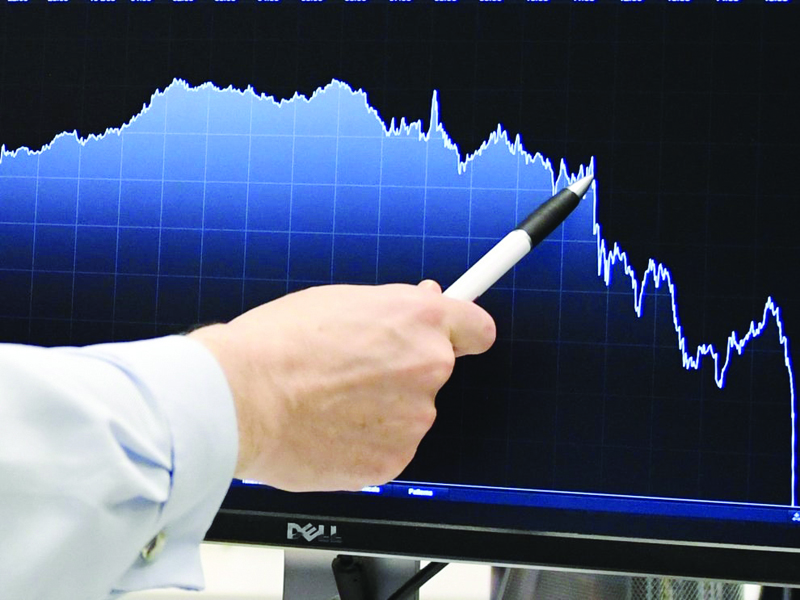
LONDON: Fears that Britain will end its post-Brexit transition period without agreeing any trading arrangements sent the pound to 5-1/2-month lows on Friday, overshadowing data showing the economy recovering and news of a new trade deal with Japan. The pound is set for its worst week against the euro and the dollar since mid-March, when the COVID-19 pandemic sell-off was at its height, having lost around 4 percent against both currencies.
"GBP has really underperformed this week as we expected due to tensions in talks", wrote Jordan Rochester, a foreign exchange analyst at Nomura.
At 1500 GMT on Friday, the pound was down 0.3 percent against the euro at 0.9255 pence and 0.2 percent to the dollar to $1.2782. "For now the UK and EU are at a stalemate with time working against them, no deal is a real possibility and 1.20 in GBP/USD or 0.98 in EUR/GBP are still very possible if a no deal Brexit were to happen", Rochester predicted.
Reports that Brussels has stepped up planning for a 'no-deal' Brexit after Prime Minister Boris Johnson's government refused to revoke an ultimatum on breaking the divorce treaty kept the pressure on sterling. "We are going to wait for the reaction of the United Kingdom by that deadline (end-September) and we will consider next steps once we have reached that particular bridge", European Commission spokesman Eric Mamer told a news briefing.
Meanwhile, analysts remain broadly pessimistic for the coming days. "Despite its profound fall in the past few days, we expect the pressure on GBP to continue building next week as until-recently complacent investors adjust to the new reality of a heightened no-deal Brexit risk and start/continue building GBP shorts(bets against the currency)," ING analysts told their clients in a note.
Morgan Stanley said the risk of Britain exiting its transition period on WTO terms had risen to 40 percent compared to 25 percent earlier. One-month implied volatility on the pound, an options market gauge of expected future price swings, hit a five-month high at 11.5 percent. News that Britain had struck its first post-Brexit trade deal with Japan failed to give a lasting boost to the currency. Britain said the deal meant 99 percent of its exports to Japan would be tariff-free.
A set of positive data for the UK economy also failed to cheer traders. The Office for National Statistics reported that UK economic output expanded by 6.6 percent in July after crashing by a record 20 percent in the second quarter. The economy grew for the third month in a row in July as pubs, restaurants and other sectors reopened but it remained around 12 percent smaller than its pre-pandemic level. - Reuters










